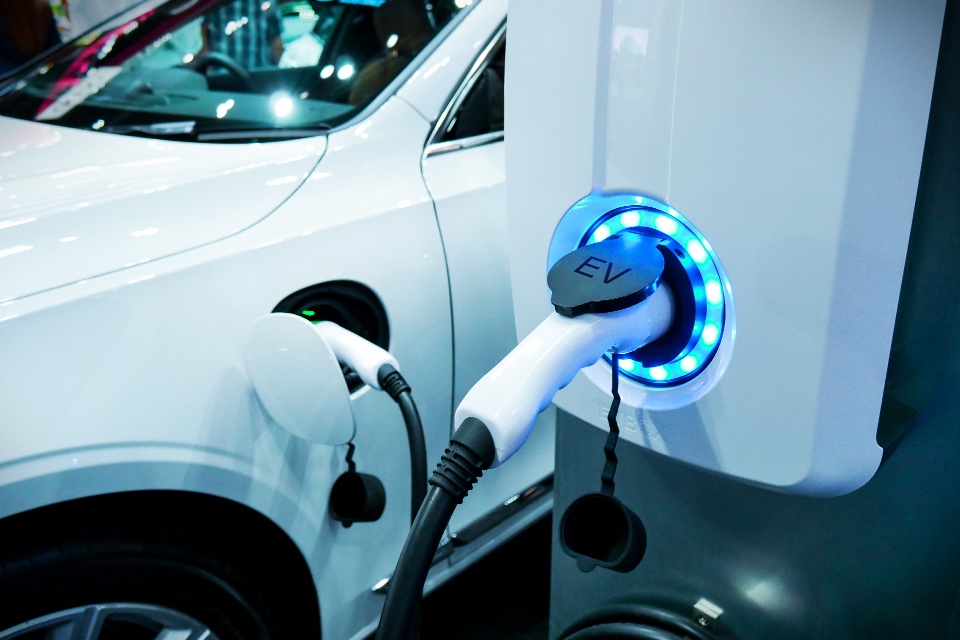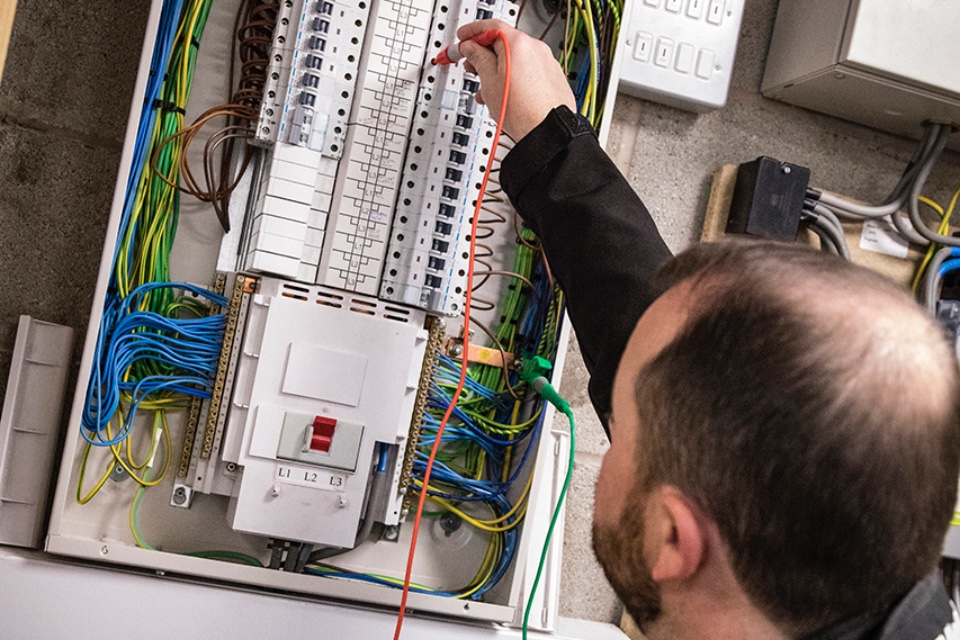Investing in electric vehicles is a big commitment, and with the ban on the sale of petrol and diesel vehicles just a few years away, it is a challenge many businesses now face. However, there is more to think about that just the investment in the vehicles themselves.
Dan Lee, Managing Director of phs Compliance, a leading provider of workplace compliance and building engineering services, says businesses need to ensure they have the right infrastructure in place early on to ensure a smooth transition for their fleet.
“Businesses also need to consider on-going maintenance and their compliance obligations as part of their planning,” he advised.
“A key consideration is your electric vehicle charging points – or EV points. How many EV points you will need will depend on several factors, including the number of employees or customers, how often your employees need to use their car during the day, the number of off-road parking spaces that are available to you and, of course, budget.
“You’ll also need to think about the type of charging points needed. It’s best to choose charging points that are the most compatible with the widest range of electric vehicles, but this will vary depending on the business and what vehicles you choose. A specialist like phs Compliance can advise you on this.
“Always ensure you use an installer who has been fully approved and accredited by the UK’s Office for Zero Emission Vehicles, also known as the Office for Low Emission Vehicles (OLEV), to install an EV charging point to ensure a safe and compliant service. Like any electrical installation, it requires expertise to install safely.
“And once installation is complete, the ‘duty holder’ is required by law under the Electricity at Work Regulations 1989 to ensure that all EV charging points are safe to use and do not pose any danger to users, just like any other fixed electrical installation. It is recommended that EV charging stations are tested every year, although more regular testing and inspections may be required if they are heavily used.
“These are all important things to consider as part of the wider strategy. Now is a very good time to plan and start making the investments needed as the government’s Workplace Charging Scheme (WCS) is providing businesses with vouchers that contribute up to 75% of the up-front costs of purchasing and installing electric vehicle charging points – up to the value of £350 per socket for a maximum of 40 sockets – if you use an OLEV approved installer like phs Compliance.”
phs Compliance supports all electrical infrastructure requirements for electric vehicles including the design and installation of EV points and regular maintenance to protect equipment and ensure compliance, with inspections and testing services carried out by experienced and fully qualified engineers across the UK.





